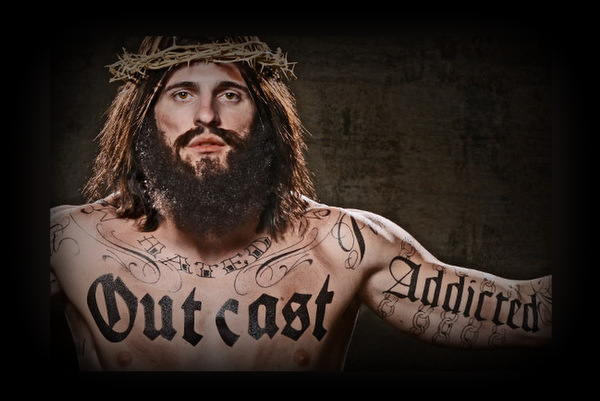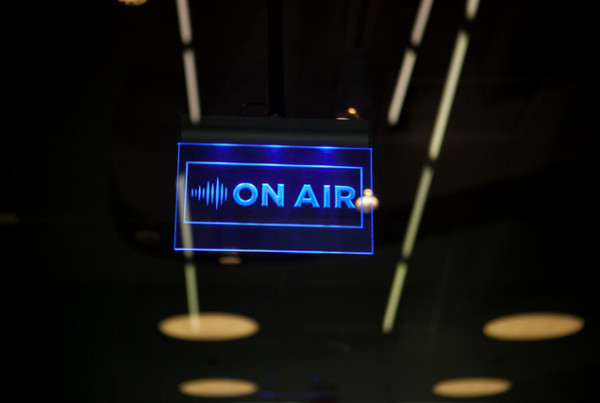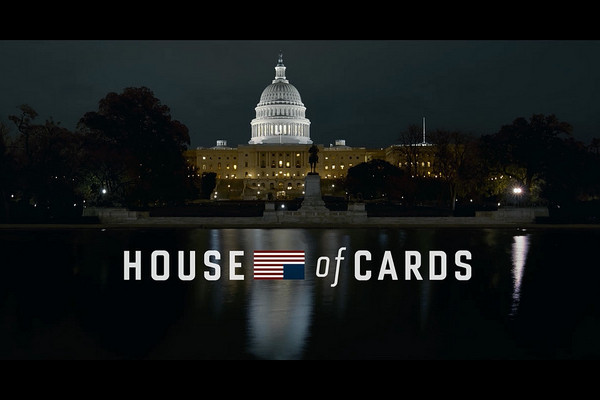Lubbock High School rents its jumbotron to private businesses and advertisers. But when the high school refused to run an ad depicting Jesus covered in tattoos, it became embroiled in a national debate over the legal precedents governing advertising and free speech.
Representing Little Pencil LLC, the company promoting the Jesus Tattoo campaign in the federal case, is Alliance Defending Freedom legal counsel Jeremy Tedesco.
Tedesco says his client, asked to run an ad on the jumbotron depicting Jesus in tattoos with words like “outcast” across his chest. He says LISD wouldn’t allow the business to run the ad because it “didn’t like the religious nature of the message of the advertisement.”
“What this case is about is Lubbock Independent School District who opened an outside forum for private organizations to advertise on the jumbotron and in various other communication channels,” Tedesco says.
LISD says it was worried about violating the Establishment Clause of the First Amendment, which safeguards the separation of religion from the state.
A Lubbock federal judge ruled in LISD’s favor in May. The appellate case in New Orleans is expected to begin hearing arguments in the next couple of weeks.
This case is not unique in Texas. In 2000, the U.S. Supreme Court ruled in favor of two mothers who objected to a student-led broadcast of religious messages before football games in Santa Fe Independent School District vs Doe. That case, the ruling stated, did indeed violate the Establishment Clause.
But Tedesco says Little Pencil LLC v. Lubbock Independent School District case is different because the school district is not speaking through these messages.
“In Santa Fe, the Court found that the speech was government speech, not private speech. Here it’s clearly private speech.”













